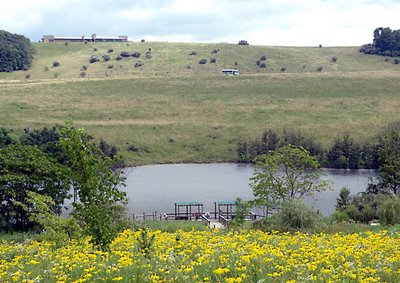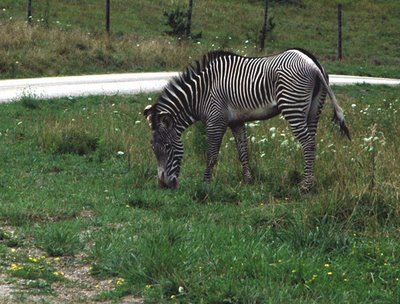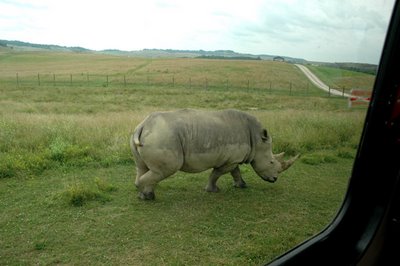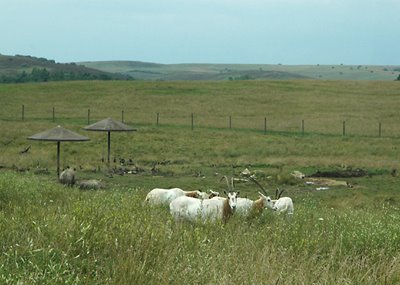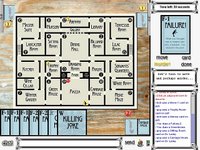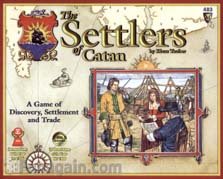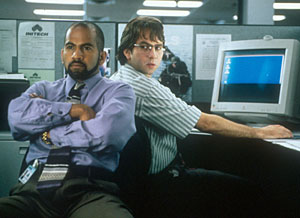And now the dangers of proper lawn maintenance
Everywhere I've lived, I've always imagined certain neighbors hating me. Paranoia? Well, maybe, but I think it's just the fact that I will never have the perfect looking property. I will find the boundary of what is acceptable, and trample along it. In suburbia, I was that guy with dandelions and clover and brownish grass in the hottest part of summer. Out here I'm the guy with the weedy lawn, weedy ditches, and weedy pasture.
Finally today I decided it was time to chop down the small forest that was establishing itself at the end of our driveway. Weeds as tall as me. It's just a tough spot to cut with anything I have, and I just don't care that much. But even I have my limits.
In my previous existance, I bought a string trimmer - a higher-end four stroke model, because it had lower emmissions and more power. And I figured I'd better spend the extra for the nicer one since we were hoping to move to a large property. I didn't used to be this radical, ranting nut. I was "green" when it wasn't too inconvenient, which wasn't all that often. I was working my way down that path, but at a pretty lazy pace.
If only I had been wiser...
Lacking any more appropriate tool, I dragged the trimmer down to the end of the driveway and cleared the overgrown mess. I did a little extra trimming since I had the stupid thing out. All told, I probably spent about half an hour.
Now, here it is two hours later. My right arm is still quivering from the combination of engine vibration and awkward weighting. Both hands are still tingling a little bit. The trimmer is pretty well balanced - if there's no fuel in it. Nice job guys. My legs are literally covered with tiny red marks and cuts from the flying debris, because I refuse to wear long pants when the heat index is over 100. I ask you: Who designs a tool that is to be used in the summer time, and that essentially requires that the user wear long pants?
(You might be asking why I picked today to do it in the first place. Short answer: Because I am dumb. Long answer - I had to go out there anyway to fix the broken mailbox so we can actually receive mail. I thought I'd just stick a screwdriver in my pocket, grab the trimmer, and kill two birds with one stone. Like I said, I am dumb.)
For what I paid to get this godawful trimmer, I could have gotten a top-of-the-line, custom fit scythe, with all the trimmings, and still had money left over. I wouldn't have shrapnel wounds on my legs, I wouldn't feel like I was coming down with some horrible neurological condition in my arms, I wouldn't have burned an ounce of gasoline, I wouldn't have produced an ounce of emmissions, and I probably would have gotten the job done quicker, and I probably would have done it a long time ago, because I wouldn't have been dreading it so much...
Like I said, if only I'd been a little wiser. I'll tell you this: I am now. I hope next time I learn the lesson beforehand instead of after.
Soooo.... Anybody looking for a really nice string trimmer?



